In a codependent relationship, it might feel like you're walking on eggshells all the time, trying to avoid any conflict. You might find yourself saying you're sorry, even if it's not your fault. You'll drop everything to help another person, even if it's not good for you. When they have a problem, you're the first one to jump in and try to fix it, even if they're the ones causing the problem. You end up feeling sorry for them, even when they hurt you. Your whole life starts to revolve around them, and you might even forget who you are outside of the relationship. You might not even do things you used to love because you're too busy with them. The only time you feel good about yourself is when they're happy with you. And when it comes to your own feelings or problems, you keep them locked up tight.
Think about it in this way, in a healthy relationship, two people can rely on one another in an appropriate and loving way. However, in codependent relationships, one person may be relying on someone to give themselves value and worth. In a healthy relationship, they can support one another while also being two independent people. In a codependent relationship, they become lost in the other person and are unable to be their own person.
“We rescue people from their responsibilities. We take care of people’s responsibilities for them. Later we get mad at them for what we’ve done. Then we feel used and sorry for ourselves. That is the pattern, the triangle.” - Melody Beattie






 Privacy Policy / Terms of Use
Privacy Policy / Terms of Use